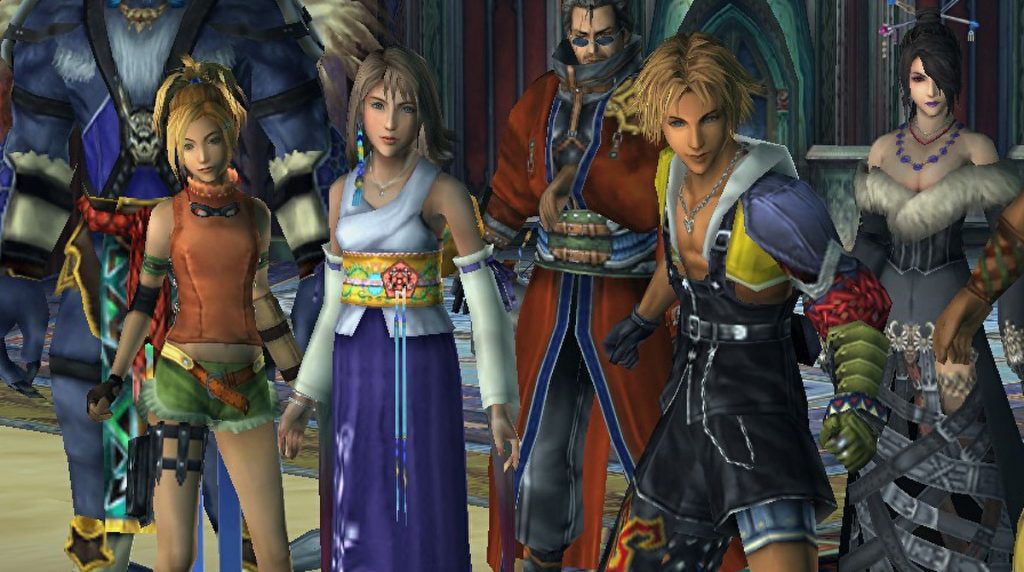
I've been fascinated lately by micro-RPGs, and specifically micro-JRPGs. Typically crafted in RPG Maker and published on Itch.io, these clever miniatures run a wide gamut, as I learned from a Twitter chat with sraëka-lillian, creator of the experimental OI series. Some, like GeaSaga from Ka·in Works, are full-scale distillations of classic role-playing narrative structures, trimming back all the grinding, exposition and angst to a limber playlength of 10 hours or less. Others snip off and spotlight cherished pieces of those larger games, like slimes or fishing – I'd love to play one dedicated to the act of Getting The Airship, or a demo compilation of Sleepy Starting Villages. Micro-JRPGs are often funny or parodic – there's a certain, baked-in whimsy to the thought of a role-playing game you can polish off in an evening – but they can also be earnest and melancholy. Facets from Far Away Times, for example, is a series of boss dungeons that form a harrowing story about erasing somebody's personality.
Whatever their tone or focus, micro-RPGs show that miniaturisation in itself can be a kind of critique. In shrinking the playtime, they concentrate and reveal things about the games they riff on that are hard to visualise when you're trudging through the second act of a hundred hour adventure. In particular, they've gotten me thinking afresh about one of my great passions, the grandly staged and rulebound combat encounters of JRPGs from the PS1 era and before, and how these antique yet enduring fixtures suggest a different, healthier way of engaging with the games I identified in a recent article as morbid exercises in busywork and scale. In presenting themselves as separate structures – martial dioramas, sealed off from exploration and the narrative behind loading breaks, with their own scenery and soundtracks – these skirmishes invite a reading of their games not as over-inflated sagas or scenic hikes spoiled by the presence of a million Giant Rat reskins, but as collections of combative, poetical devices that come alive in the repetition.
